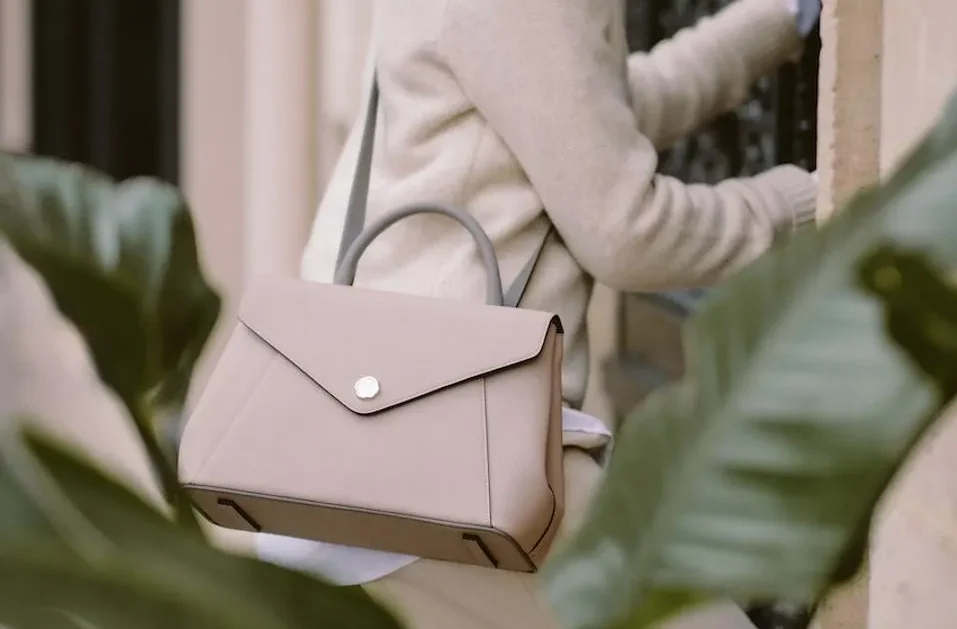By Amalia Theocharidou,
The fashion world is known to have passed its moments of loudness, where vibrant colors were the “it” trend and even kitsch made it to the runways of known brands. For years, people have enjoyed the loud glamour, the extravagant gold jewelry and the overall wealth exhibition that highlights that it’s not always about the trend, but about the people as well. One has to go back and think. What does it mean to be wealthy for you? For some the answer is just a better economic state, but for others, maybe it reaches deeper, to the feeling of being complete, to have “achieved” enough. At this moment, the trend of quiet wealth arose, the subtle lifestyle of simple elegance and quality, rather than selfish quantity. What’s prioritised here is durability and detailed tailoring, based on minimalism and known designs. The era of extra is definitely back.

After the pandemic and the mass buying that took place during that time, we can say that people have re-thought their values. The money loss and the temporariness of websites like Shein and Temu that were on such a high demand during that time highlighted the importance of good quality products and reduced the need for the flashy consumerism, bringing on the spotlight brands like Loro Piana, Bottega Veneta and others. Due to the economic situation of the world, more people have also started to reconsider the idea of spending solely to satisfy their needs that aren’t even based on real demands, just mindgames to prove to themselves. Even in movies nowadays, there’s showcased a more gentle approach of wealth, following the concept that elegance hides in minimalism.
The quiet luxury for many showcases a more aesthetic and individual approach. It doesn’t have a mass appeal, giving more to its exclusive nature and according to many of its followers, it distinguishes the “chique” class from the random trend followers, especially due to its defined etiquette. One can say that in this type of lifestyle, pricing plays a secondary role, what matters is yet again the quality.

Many psychologists have characterized this trend as a reaction to hyper-visibility, to the extreme exposure on social media and the chasing of wealth and clout in every domain of life. People want to differ from that, seeking another type of categorization rather than “wealthy”. For them, “chique” is the most important. The idea of owning clothes that are simpler but high quality makes you less than a spectacle and more like a fashionable individual, leading to a revival of the old money aesthetic, a trend that has been taking over the tabloids for the past times.
Many questions still arise from this fact, one of them being the issue of “selling” status, rather than actually owning it, the idea of being someone you aren’t just because the world is obliging you to. How truthful is it if many people try to acquire something they have no connection with? And how actually “modest” is it to distinguish yourself from the others (that you call immodest because of their fashion style) by saying your etiquette and elegancy is on a higher level? Is this a simple lifestyle, or an elitist way of class distinction?
References
- The Rise Of Quiet Luxury And Why It Is Here To Stay. Forbes. Available here
- 2024 Was The Year We Finally Became Disillusioned With Quiet Luxury – Here’s Why. The British Vogue. Available here
- Quiet Luxury: Why Less is Truly More. Sumissura. Available here




